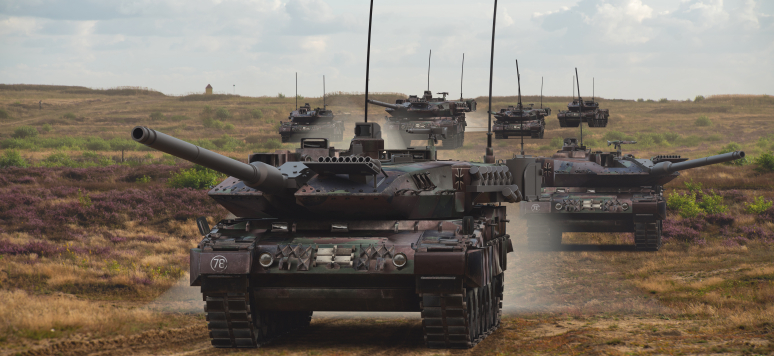Notes du Cerfa - Modernization of the Bundeswehr: Back to basics? Notes du Cerfa, No. 171, Ifri, October 2022

Against the backdrop of the war in Ukraine, the Bundeswehr has been led to refocus on territorial defense and collective security, which constituted the core of its activity for decades. This evolution break with the long period of efforts during which the Bundeswehr painfully tried to transform itself into an intervention army.
With the creation of a unique special fund of 100 billion euros, the Bundeswehr benefits from an unprecedented opportunity, both to equip itself with modern and interoperable forces and to restore its credibility towards its allies, primarily the United States. In the current economic context, the sustainability of this transformation remains open, considering the volatility of public opinion and risks of political arbitration favoring the stabilization of public finances. The German government’s objective, to make the Bundeswehr the first conventional army in Europe will lead to a shift of balance on the continent, even if this happens in a multinational framework and on a cooperative basis. It is important to measure the implications of this shift for the European security, the transatlantic relationship, and Germany’s partnerships with European states, including France.
Éric André Martin is Secretary General of the Study Committee on Franco-German Relations (Cerfa).
This publication is available in French: "La modernisation de la Bundeswehr : un retour aux fondamentaux ? [1]" (pdf)
